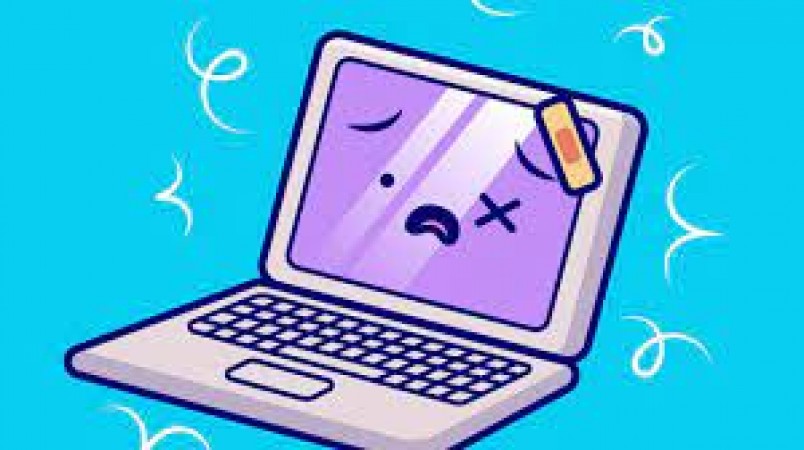
In our fast-paced digital world, laptops have become an indispensable part of our daily lives. From work to entertainment, we rely heavily on these portable devices. However, an issue that plagues many laptop users is overheating. Ignoring the signs of an overheating laptop can lead to significant consequences, causing not only a decline in performance but also potential long-term damage. Let's delve into the reasons behind laptop overheating and explore effective solutions.
One common culprit behind laptop overheating is the accumulation of dust in the vents and fans. Over time, dust can obstruct the airflow, leading to inefficient cooling.
Running resource-intensive applications and multitasking can put a strain on your laptop's hardware, causing it to generate more heat than usual.
Placing your laptop on surfaces that obstruct ventilation can impede the dissipation of heat, contributing to overheating issues.
The thermal paste that facilitates heat transfer between the CPU and heatsink can degrade over time. This can result in poor heat dissipation and increased temperatures.
An overheating laptop may experience frequent crashes or shut down unexpectedly as a protective measure to prevent damage.
If you notice your laptop's fan working harder and producing louder noises than usual, it could be a sign that your laptop is struggling to dissipate heat effectively.
A laptop that feels excessively hot to the touch, especially around the bottom or near the cooling vents, indicates potential overheating.
Periodically clean the vents and fans of your laptop to remove dust and debris, ensuring optimal airflow.
Keep an eye on your laptop's Task Manager to identify resource-intensive applications and close unnecessary processes.
A cooling pad can help improve airflow and keep your laptop's temperature in check, especially during extended usage.
Ensure that your system drivers are up to date, as outdated drivers can contribute to overheating problems.
If your laptop is aging, consulting a professional for thermal paste replacement can enhance heat dissipation.
Persistent overheating can lead to a decline in your laptop's overall performance, resulting in sluggish operation and delayed responses.
Continued neglect of overheating issues may cause permanent damage to your laptop's internal components, leading to costly repairs or the need for a new device.
Sudden shutdowns due to overheating can result in data loss, underscoring the importance of addressing the issue promptly.
In conclusion, an overheating laptop is not a problem to be taken lightly. Regular maintenance, monitoring, and timely intervention are crucial to ensure the longevity and optimal performance of your device. Ignoring the warning signs of overheating can result in severe consequences, both in terms of performance and potential financial loss. Take proactive steps to address the issue, and your laptop will thank you with reliable and efficient operation.
Know what will happen to you today, know your horoscope here
Today is going to be a very special day for women, know what your horoscope says